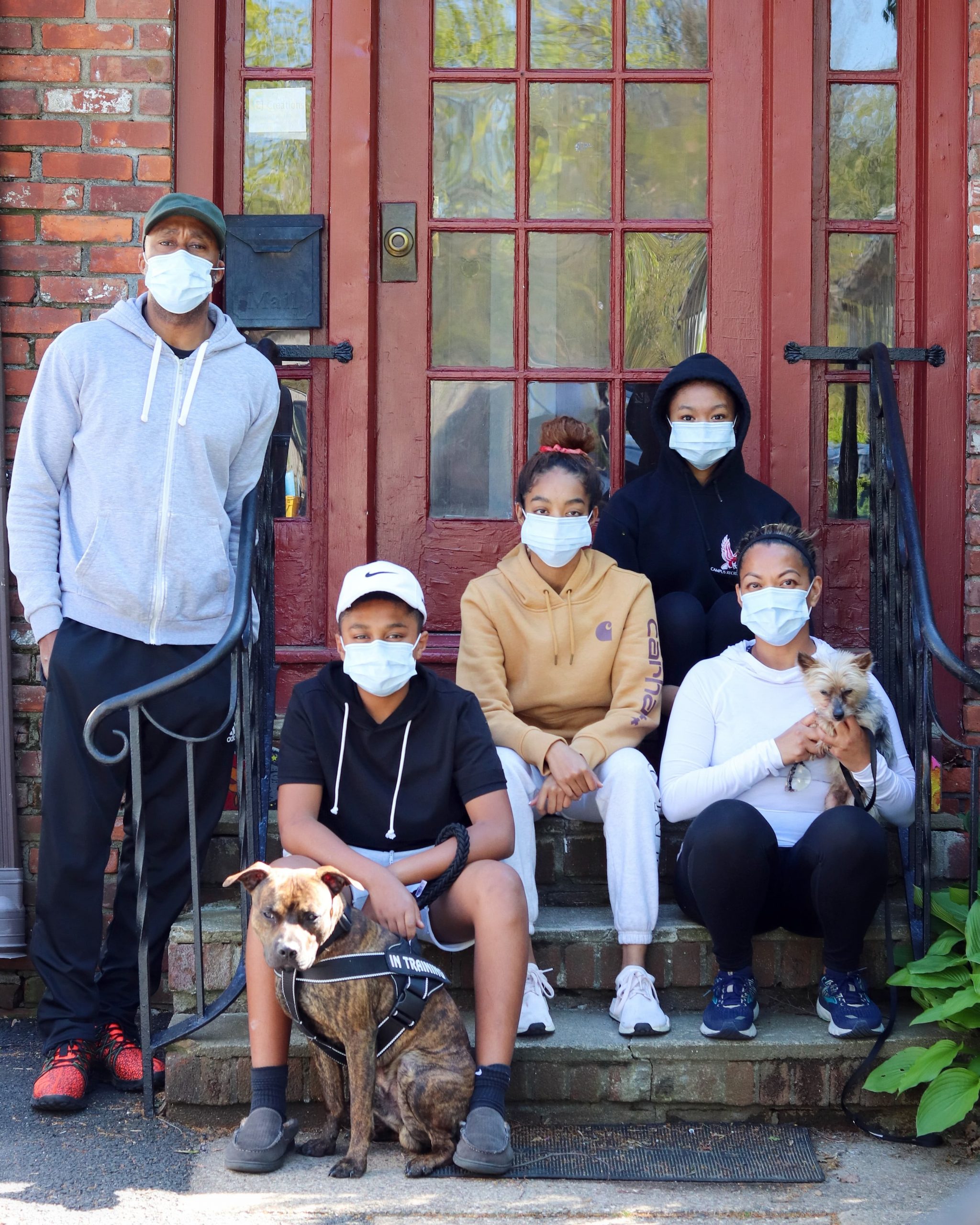One of the top questions parents ask when considering a residential treatment center for their teenage son is how long does their teen need to attend. However, that isn’t an easy question to answer.
In general, we here at Help Your Teen Now can tell you the ballpark answer—a six-month stay is common for teens attending a residential treatment center for troubled teens. There are a variety of factors that contribute to that length of stay, which also may contribute to your son staying longer.
To help you determine what factors may influence your son’s stay, and what you can do to stay connected, we wanted to share effective advice and tips below.
Personal Growth Doesn’t Follow A Strict Timeline
When it comes to personal development and healing, there is no set period of time you can assign for things to be fixed. While people like to throw around the saying, “It takes 21 days to form a habit,” there isn’t actually any data to back that statement up. Instead, research has shown that it can take anywhere from 18-254 days to form new positive habits.
Now, let’s look at what drives parents to send their teenage sons to a residential treatment center. Some of the reasons may be:
- Continued academic failure
- Defiance and aggression
- Anxiety, depression, and other mood disorders
- ADD/ADHD
- Delinquency
- Run-ins with law enforcement
- Substance abuse
None of these issues are able to be addressed by a quick fix. Instead, long-term treatment at a residential treatment center is needed to work through the root of these issues, and then work on developing better coping habits. Six months is generally the shortest stay recommended.
Ways To Maintain Positive Contact While Your Teen Is Away
While your teenage son is away, your contact with him can make a significant difference in his progress. Below are some ways you can actively communicate and help your son while he attends a residential treatment center.
Keep Communication Focused And Positive
Parents are encouraged to write to their teens while their sons are at a residential treatment center. Communication can vary, depending on the treatment center and your son’s progress through the program. Handwritten letters are common, and email can be added as your son progresses, as well as phone calls home.
As you communicate, you can help your son by keeping your communication positive and encouraging. Change is difficult, and your teen will likely need you in their corner to help them keep going through the hard parts.
Participate In Family Therapy Sessions
If your son attends a facility like Sundance Canyon Academy, you will have access to family therapy sessions. These sessions are generally done through private video conferences, as most parents do not live near our campus.
During these sessions, your son’s therapist will help guide, allowing for family members to communicate feelings, expectations, and concerns with a trained third-party to help keep things productive.
Plan For Successful Transition Home
Being excited for your son to come home from a residential treatment center is great, but what’s even better is having a plan for the transition home. Even if your son is doing fantastic at the residential treatment center, the move back home can be bumpy, so it is best to be prepared.
Coordinating your teenage son’s return takes place with several care providers, from transferring his academic records to his new school to continued therapy recommendations. With a solid plan in place, you can feel more confident when it is time for your son to come home.
If you would like to learn more about residential treatment centers, and what treatment centers may be best for your teenage son, feel free to contact us for more in-depth information.











0 Comments